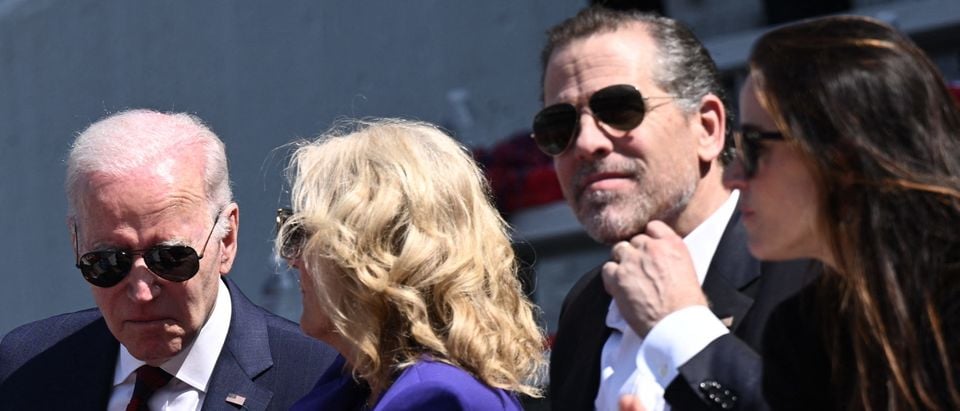The FBI has counseled a former agent who investigated Hunter Biden to decline to answer questions from the House Oversight Committee as it investigates his financial dealings.
“The Department [of Justice] expects that you will abide by your obligations under the law and Department policy to refrain from disclosing information relating to sensitive law enforcement information and deliberations,” FBI general counsel Jason Jones wrote in a letter obtained by the New York Post.
“Accordingly, consistent with appropriate governmental privileges, the Department expects you will decline to respond to questions seeking non-public information likely covered by one or more components of executive privilege or other significant confidentiality interests, in particular information about deliberations or ongoing investigative activity in law enforcement matters,” Jones instructed the unnamed former agent in the letter dated Sunday. (RELATED: Here Are Questions IRS Whistleblowers Must Answer In Front Of Congress)
FBI told supervisory agent on Hunter Biden case to ‘decline to respond’ to congressional questions, per letter shared with me and @jchristenson_
FBI general counsel referred to Hunter Biden case as ‘ongoing criminal investigation and prosecution’https://t.co/GN98AzAkuR
— Steven Nelson (@stevennelson10) July 18, 2023
On Monday, the ex-agent confirmed several key aspects of the testimony a Internal Revenue Service (IRS) whistleblower provided in June, stating that the Biden family had been tipped off about an interview the FBI planned on having with Hunter Biden in Dec. 2020. The source also informed the committee that the FBI was advised not to approach Hunter Biden until he signaled he was ready to give an interview.
“Department officials, including those who have left the Department, are obligated to protect non-public information they learned in the course of their work,” the letter continued. “The Department has a long-standing policy of closely protecting the confidentiality of decision-making communications among Department officials.”
An FBI spokesperson told the New York Post that it is “standard practice” for bureau counsel to offer guidance when an employee or former employee is preparing to give testimony.
“These are called authorization letters and are standard practice,” the spokesperson said.


